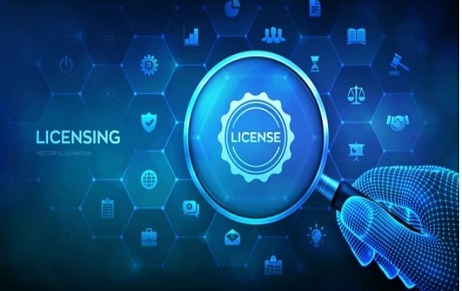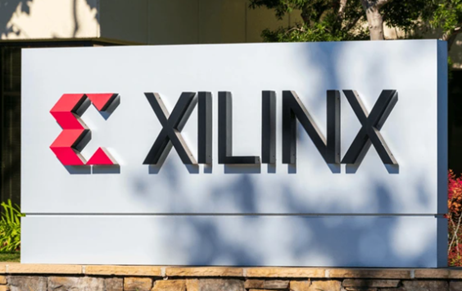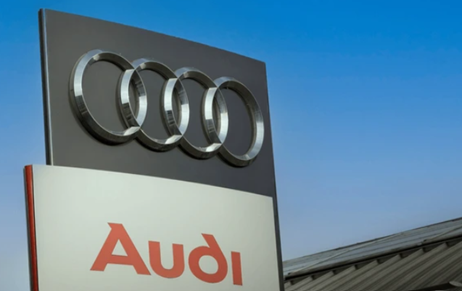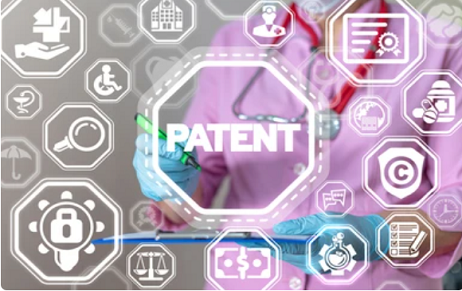Xilinx is a leading technology company focused on innovation and creating and monetizing its Intellectual…
Importance of good faith negotiation in SEP Licensing: Insights from the Ericsson v. Lava Case.”
Introduction
India’s Journey in scientific and technological endeavors has been remarkable and stands as a testament to showcase the nation’s resilience leading to the country standing on a global stage as a leading example of being a vibrant force. And with innovation, comes rights that are protected by Intellectual property law which offers and awards exclusive protection to allow them to capitalize on their innovations. Patents, in particular, grant inventors a temporary monopoly over their novel creation, thus incentivizing further innovation. However, this proprietorship can confront broader goals of technological standardization at times in the name of Standard Essential Patents (SEPs). With the ongoing cultivation of SEP jurisprudence, it becomes imperative we look at the current stance of the Indian Judiciary and its commendable contribution to secure SEP owners and their rights. Courts have continuously upheld the position that “SEP being a fundamental element to widespread adoption of technology standards, must be awarded only for genuine innovations which satisfy the tests for patentability and essentiality, thereby nurturing an ecosystem that simultaneously rewards innovation and ensures the availability of crucial technologies”. The recent Lava v. Ericsson Judgment after 9 years of discussion highlights the need to reach a balance while the right to have access to standardized technologies and intellectual property rights stand on a bottleneck, and exemplifies the efforts of the Indian judiciary in determining novelty or non-obviousness of SEPs through various tests and approaches that are to be discussed further.
Understanding SEPs
Though not defined under the Patent Act 1970, SEPs in simple terms are those types of patents that are essential for maintaining the integrity of standardized technologies like digital media, Wi-Fi, and telecommunications to ensure that their associated products function consistently, and effectively worldwide. Unlike typical patents, that grants exclusive rights to specific inventions or processes, SEPs are associated with standardized technologies that are globally adopted across industries to ensure consistency, and inter-operatibility. Being peculiar, owning these patents also comes with its own challenges, particularly when patent holders impose reasonable licensing requirements, that could affect the very foundation of such standardization and the case at hand is a recent illustration of the same.
The Concept of FRAND and SEP Licensing
The owners of SEPs being holders of a vital technology are supposed to license these patents on international criteria called FRAND(Fair Reasonable And Non-Discriminatory) terms in their contractual obligations to the SSO (standard-setting organization) to keep a check on competition and fair accessibility. These SSOs are self-governed associations linked to their respective industry formed by innovators collectively. These SEP licenses being contractual, raises questions like whether the licenses granted are based on these FRAND terms or not quite frequently in SEP disputes that India has been witnessing since 2009. These FRAND commitments benefit both the SEP owners as well as other market players by curtailing the exploitation of other market players by restricting the dominant market position over the patented technology.
Ericsson v. Lava’s FRAND Determination
The present case involves patentability questions revolved around this balance and the plaintiff, Lava International Ltd. questioned the validity of the patents held by Telefonaktiebolaget LM Ericsson who in return alleged Lava was infringing its Standard Essential Patents. While Ericsson held numerous patents including SEPs on telecommunications equipment and networks, it licensed the same to manufacturing companies including Lava. The dispute arose when Lava, an Indian Company started using Ericsson’s Adaptive Multi-Rate Speech Codec, Enhanced Data rated for GSM Evolution, and Features in 3G. After Ericsson first proposed a license offer to Lava on FRAND terms, despite such requests, Lava continued its operations and hence the dispute arose.

The issues related to FRAND deliberated upon by the Court was, “Whether the plaintiff is entitled to a decree declaring that the rates offered by the plaintiff qua its portfolio of Standard Essential Patents are FRAND in nature as claimed?”. The court after considering the FRAND protocol established by the Court of Justice of the European Union in Huawei Technologies Co. Ltd. v. ZTE Corp. emphasized the aspect of good faith negotiations, the right to challenge patents, and the conditions under which a SEP holder can seek legal remedies without abusing its dominant position, which according to the protocol does allow for an alleged infringer to challenge the validity of the SEPs. Further, they considered Unwired Planet International Ltd. v. Huawei Technologies Co. Ltd from the UK’s Supreme Court, which held that “the only way an implementer can avoid infringing a SEP when implementing a standard is to request a license from the SEP owner and enforcing a contractual obligation upon them”, which in the instant case, Lava did not opine for. The court therefore held Lava to be an “Unwilling Licensee” after it failed in good faith negotiations, consistently delayed licensing negotiations, and did not present any counter offer thereby awarding a whopping amount of Rs 244 Crore compensation to Ericsson.
Conclusion
This decision by the Delhi High Court not only opens the doors for SEP owners to invest more in the Indian market now that a shield for their patents in the form of FRAND commitments which not only furthers their purpose, but also takes care of the licensee and balances the legitimate interest of both the parties so involved. The case also establishes that India is conducive to innovation, provided all the parties engage in good faith negotiation, FRAND terms, hereby promoting a fair and competitive market environment. The court reiterated India being one of the largest telecom industries in the worlds, needs to establish practices that are judicially recognized in the global telecomm industry. The ruling therefore, not only fosters confidence in the Indian Judiciary but also accentuates India’s growing influence in shaping global intellectual property standards.
Author: Prerna Shree, in case of any queries please contact/write back to us via email to chhavi@khuranaandkhurana.com or at IIPRD.
References:
- https://www.scconline.com/blog/post/2024/04/06/dhc-awards-rs-244-crore-damages-to-ericsson-against-lava-for-patent-infringement-legal-news/
- https://www.mondaq.com/india/patent/1477382/is-india-the-next-big-destination-for-relief-to-sep-owners
- Lava International Ltd. v. Telefonaktiebolaget LM Ericsson, 2024 SCC OnLine Del 2497
- Huawei Technologies Co. Ltd. v. ZTE Corp., CJEU case C-170/13 ECLI : EU : C : 2015 : 477
- Unwired Planet International Ltd. v. Huawei Technologies Co. Ltd., [2020] UKSC 37



